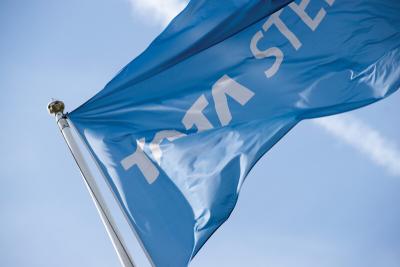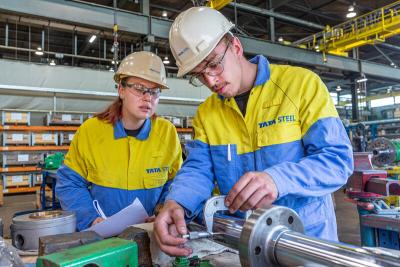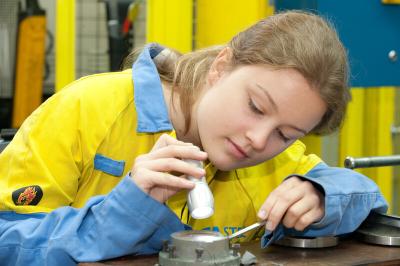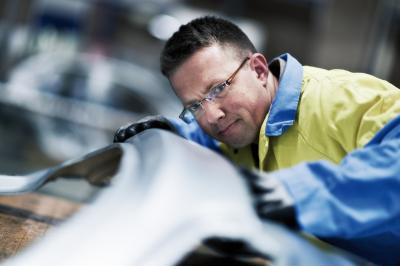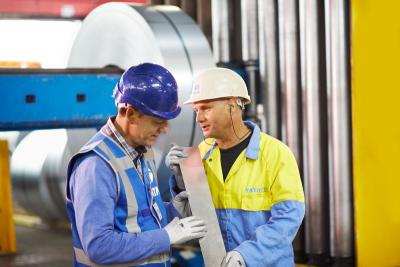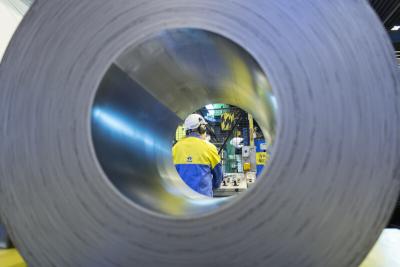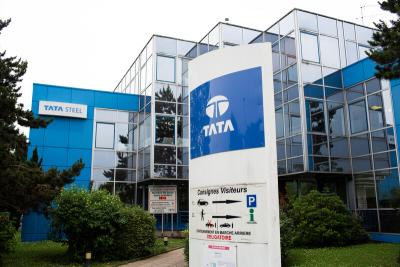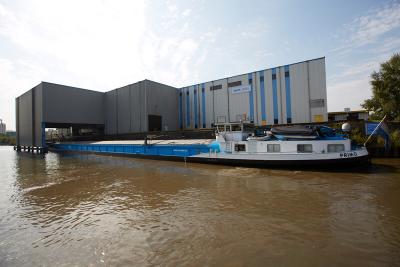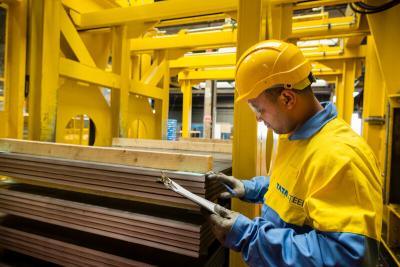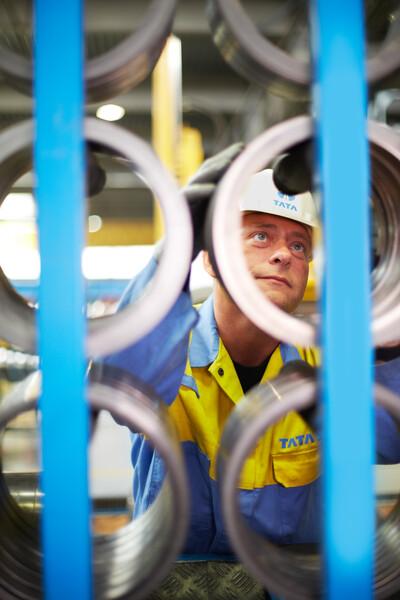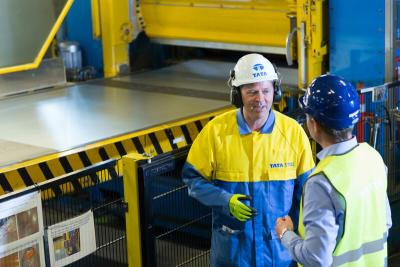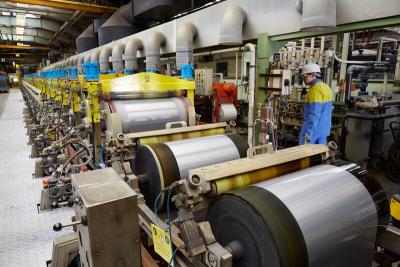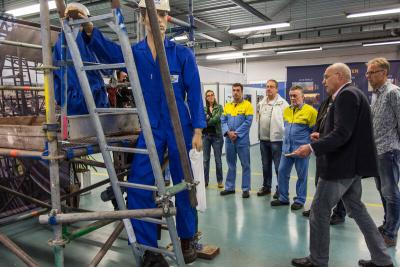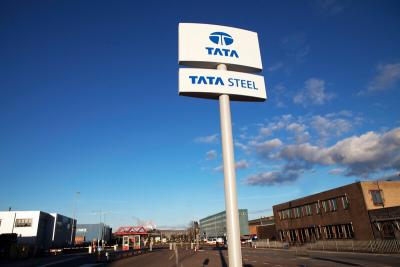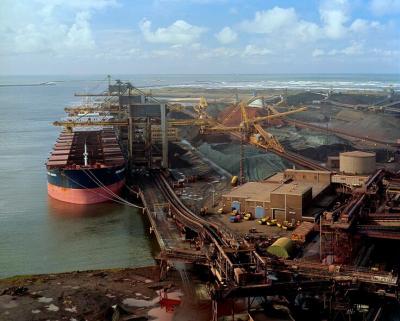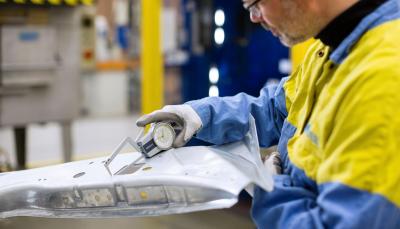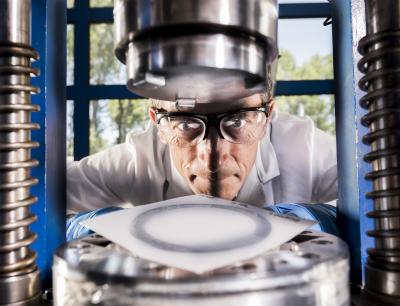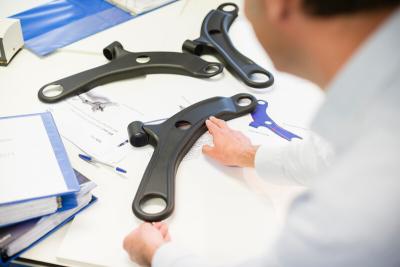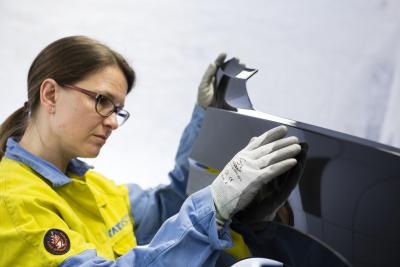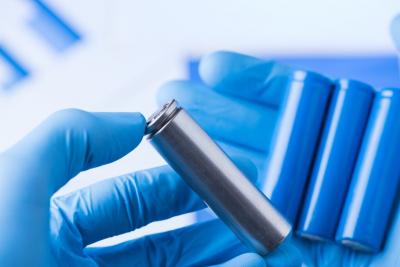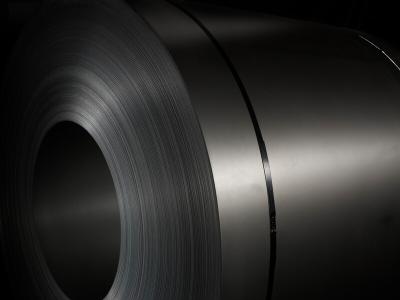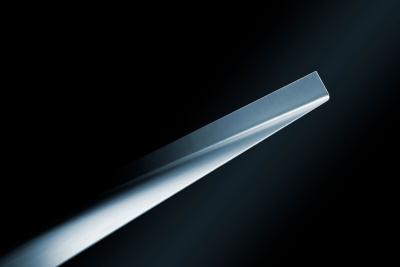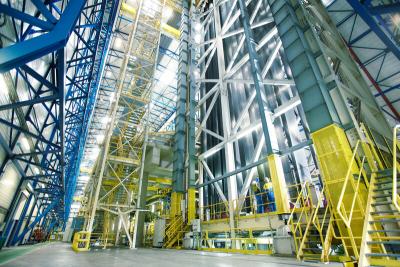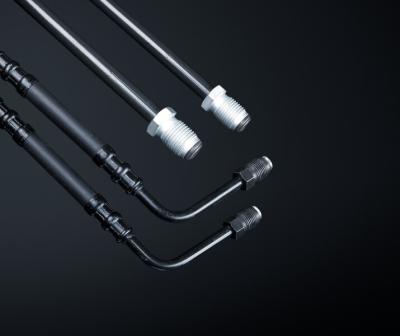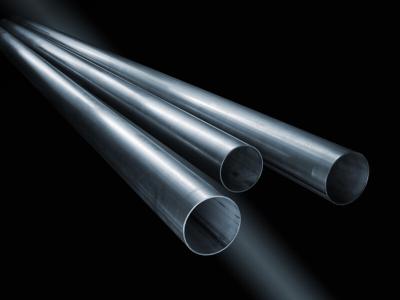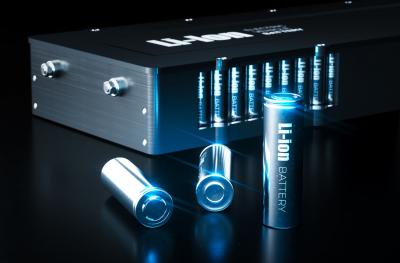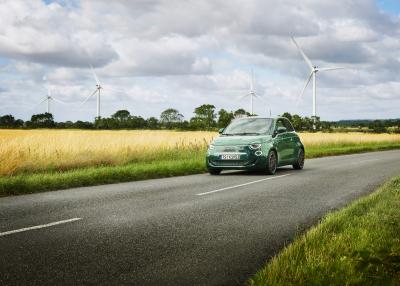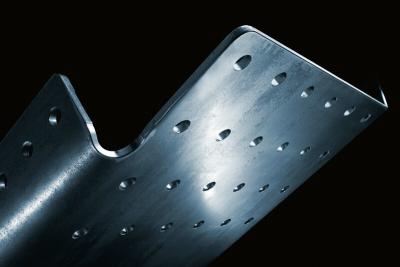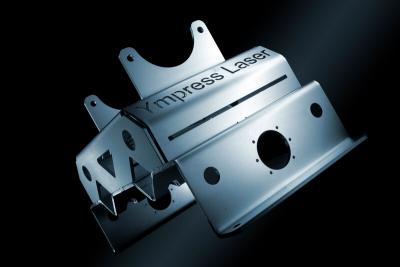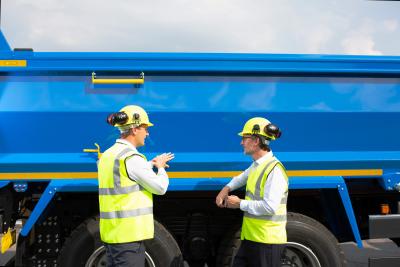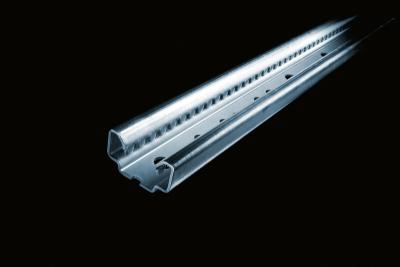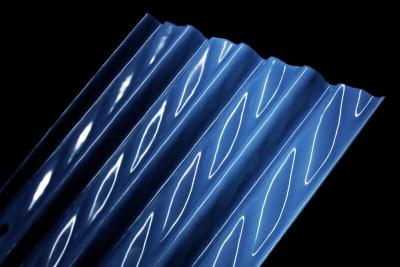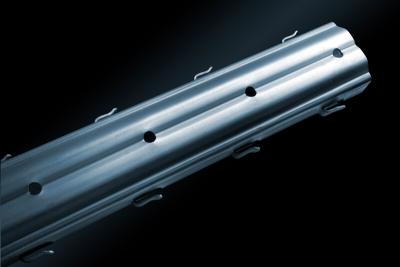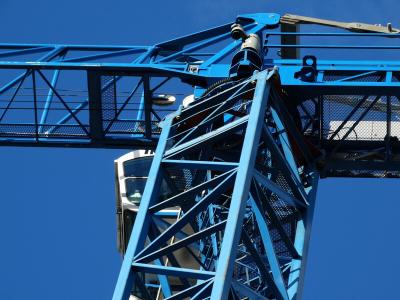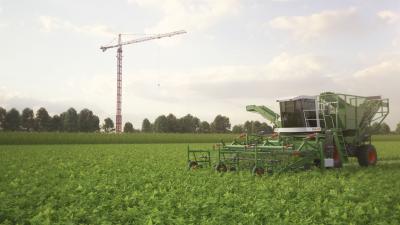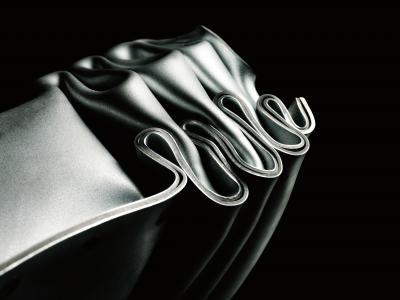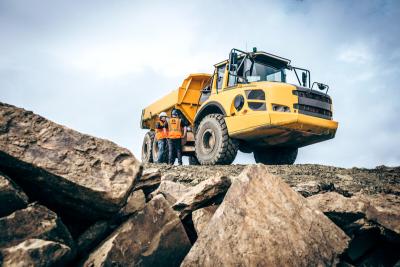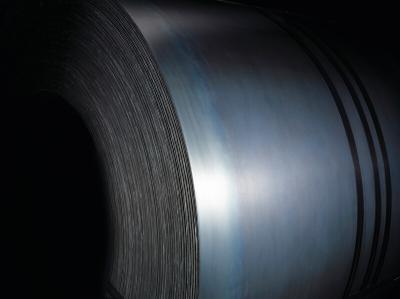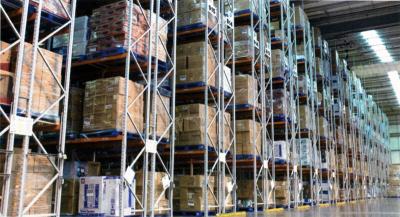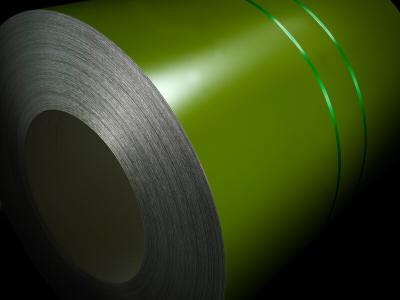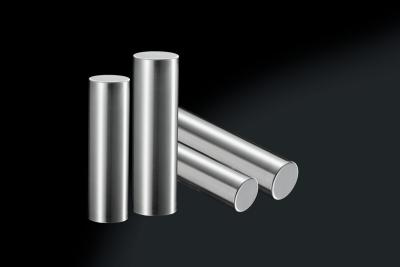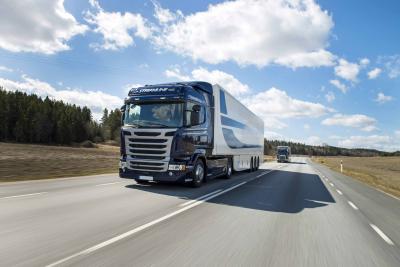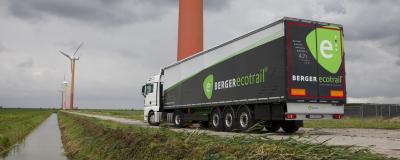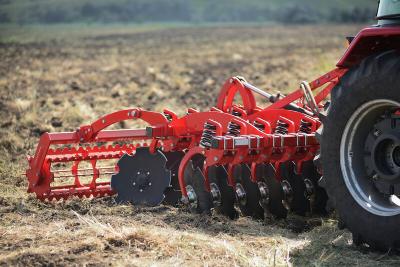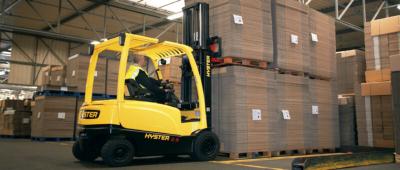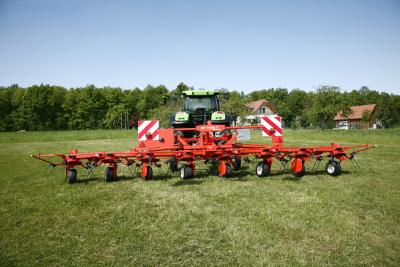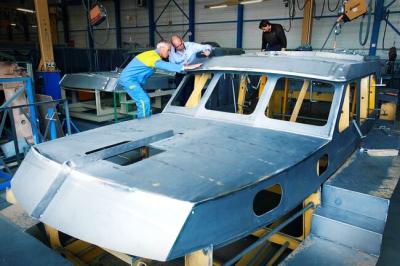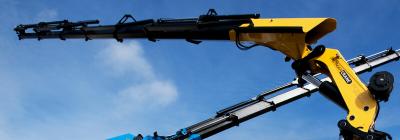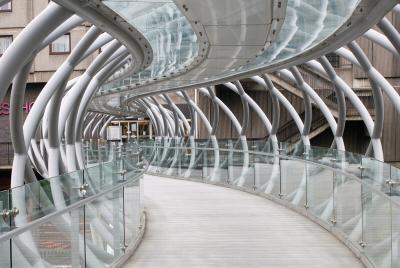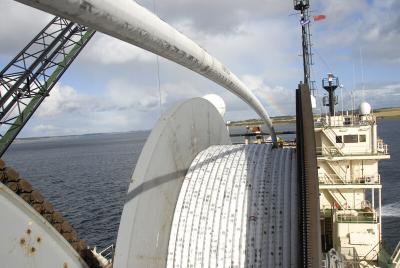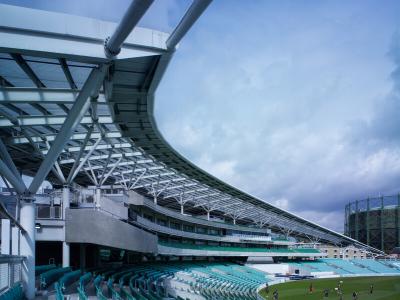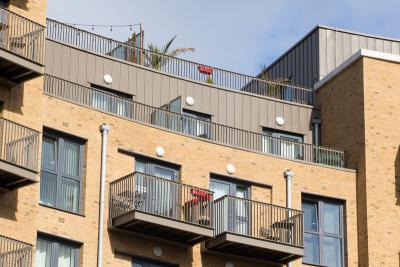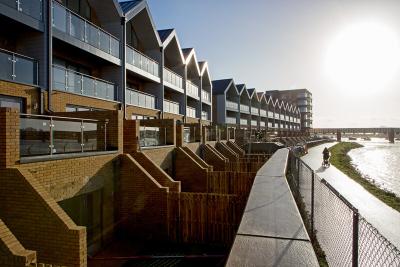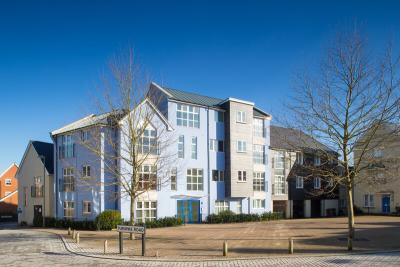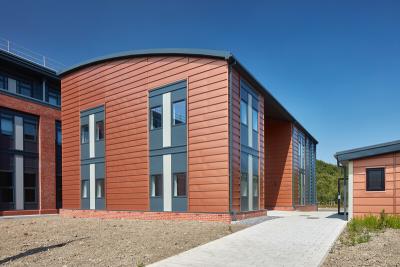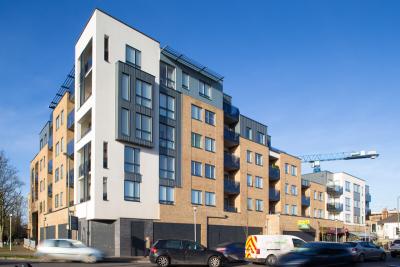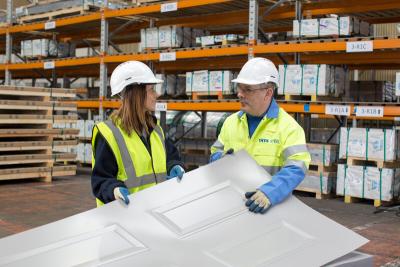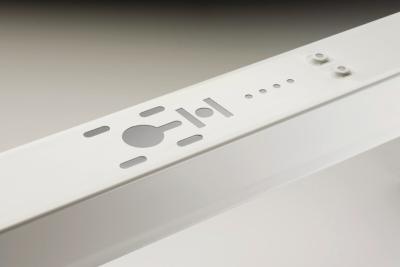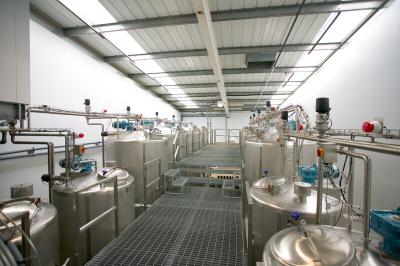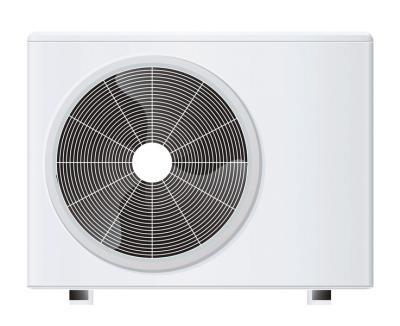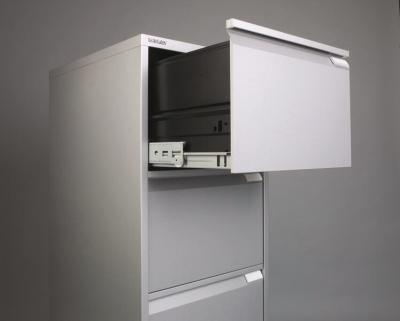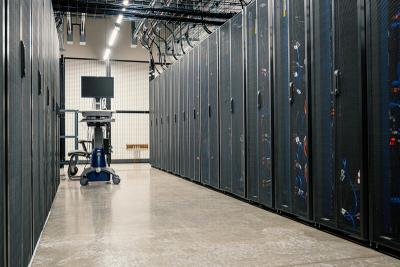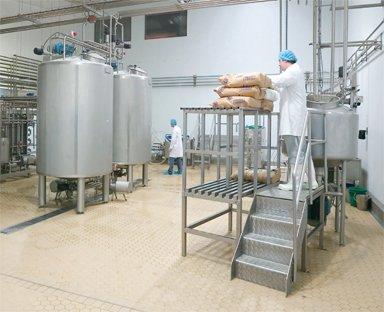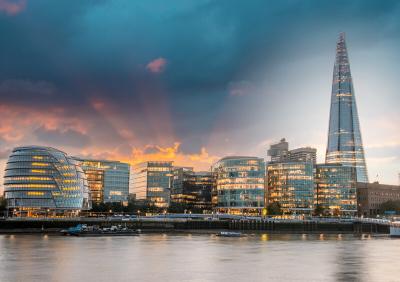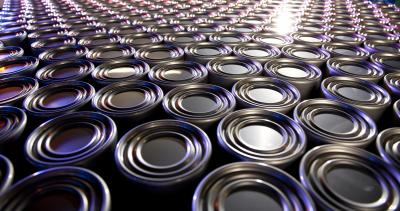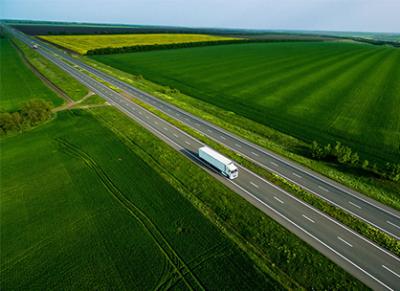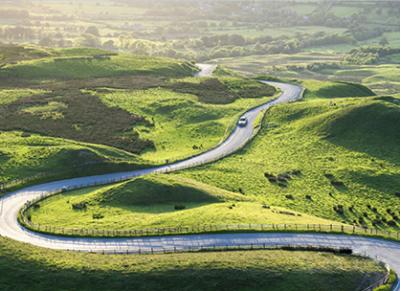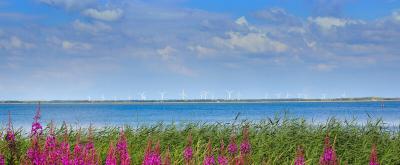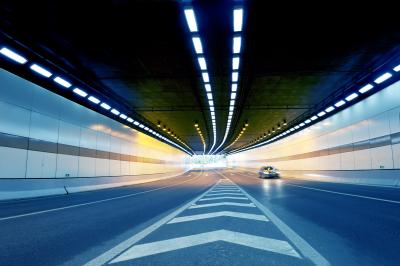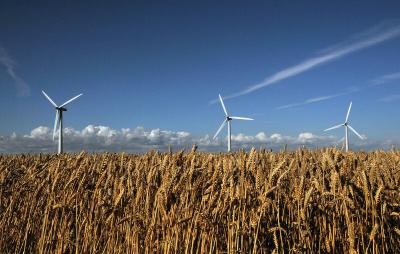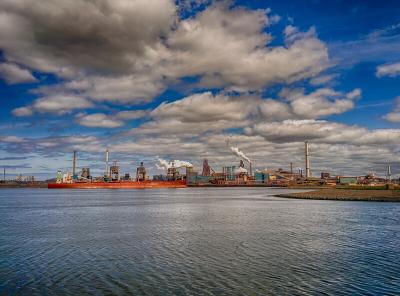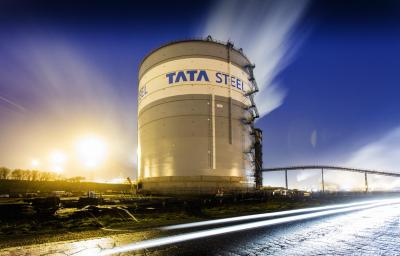Tata Steel Group’s CEO and Managing Director, TV Narendran, laid out the company’s proposals for sustaining the UK business and transitioning from blast furnaces to making ‘green’ steel through electric arc furnaces, in a series of broadcast interviews with BBC, ITV, Channel 4, Sky News and Times Radio.
Mr Narendran said: “It is a very difficult day, we fully empathise with that. It’s not something we would have liked to happen but I think we tried very hard over the last 15 years to preserve the site. We've had a lot challenging times, our employees have worked together with us through these challenging times and made sacrifices. But we've reached a stage where continuing as we did is no longer an option and creating a sustainable future is what we think is the best way forward.”
“We have invested something like £5 billion to keep the business going, so it is not that we have given up in a hurry, it's not that we have not tried hard enough. But now the question is, how do we create a future which is sustainable? How do we create a future where we are not always so fragile and standing at the edge of a cliff? How do we build a future for steel-making, which keeps up with the times because you need to have low-carbon steel making?
“We felt the best way to secure the future is by taking advantage of the scrap that is available in the UK, rather than using imported iron and coal to make steel here. Companies across the world are shifting over to scrap-based steelmaking and in Europe it's already happening, so why should we not do it.”
He continued: “We've had many conversations with the unions, particularly over the last four months. We’ve seriously considered their proposal, we've looked at all the details, we've incorporated some of the suggestions into our plan. But there are multiple challenges: the financial challenge is that it would cost something like £600 million more to keep running the blast furnace. In addition, there’s an additional £200 million cost to the project and then on top of that there would be a project delay of at least 10-12 months.”
“Obviously we do believe that our proposed way forward is the best way forward to secure the future of the Port Talbot site.”
Mr Narendran went on to answer questions about the £500million funding the company will receive from the UK Government: “This money is available to us when we start constructing the new plant. The £1.25bn plan is to build the new steel plant, so any losses that we incur - which is almost £1.5m a day now - is to Tata Steel’s account. That is in addition to what we’re investing to build the new plant.”
Asked whether he was prepared to guarantee that the electric arc furnace will actually be installed, Mr Narendran said: “Absolutely. In fact we want to get started as soon as possible. We have already started discussing suppliers, and once we are through with this we want to place the orders.
"The other challenge was the electricity supply to Port Talbot because the load that we need is much higher when you have an EAF. Originally, we were told that the permitting process and the upgrade would take 5 or 6 years, but they've done a great job and assured us that by 2027 that should be in place which allows us to build the EAF also by 2027 if we can get all the other issues behind us.
“It’s very important to start construction as that may start to address some of the concerns of the local community. If you spend a billion pounds building something, a lot of the money will flow here.”
Mr Narendran was asked whether additional money from the UK Government would have changed the decision: He said: “Not in terms of the way forward because if you look at what’s happening in Europe, if you want to have lower carbon footprint making steel, everyone is shifting to electric arc furnaces. If you want to bring down carbon emissions significantly in the steel industry anywhere in the world, it's about replacing blast furnaces with other process routes.
“If there’s gas available here, or if there’s more incentive for us to set up what we call a DRI unit (Directly Reduced Iron) then you can set up those facilities, that can feed into the EAF.
“So in our discussions with the Government going forward, this is step one. If the Government is incentivising or encouraging more consumption of steel for instance in the UK, we are happy to grow.
If demand goes up, why would we not want an opportunity to unlock more value here after we’ve invested so much time trying to preserve the place. We want to be spending money to unlock more value rather than struggling to survive.”
Mr Narendran was also challenged about the company having to import steel. “Only for maybe a year or two when you are shutting down the furnaces and building the new one because there is a period when we have to take care of our customers. We have 4,000 people working in downstream units, we don’t want them to run dry as we transform here in Port Talbot, so for that period yes we will be importing steel, but once we have the EAF, we think 2027 latest we don’t need to import any steel.”
Another concern expressed was about the future cost of electricity to run an electric arc furnace. “Energy costs in the UK are higher than they are in Europe, so we want it to be at a competitive level. The UK Government has assured us that in the next few years energy costs will come down because there’s a lot of green energy potential in the UK. So we look forward to that, that’s an important element of our costs.”
About Tata Steel UK
- The Tata Steel Group has been named one of the most ethical companies in the world, and is among the top producing global steel companies with an annual crude steel capacity of 34 million tonnes.
- Tata Steel in the UK has the ambition to produce net-zero steel by 2045 at the latest, and to have reduced 30% of its CO2 emissions by 2030.
- Tata Steel is the largest steelmaker in the UK with primary steelmaking at Port Talbot in South Wales supporting manufacturing and distribution operations at sites across Wales, England and Northern Ireland as well as Norway, Sweden, France and Germany. It also benefits from a network of international sales offices around the world.
- Tata Steel employs more than 8,000 people and has an annual crude steel capacity of 5 million tonnes, supplying high-quality steel products to demanding markets, including construction and infrastructure, automotive, packaging and engineering.
- Tata Steel Group is one of the world's most geographically-diversified steel producers, with operations and a commercial presence across the world.
Follow us on social media



